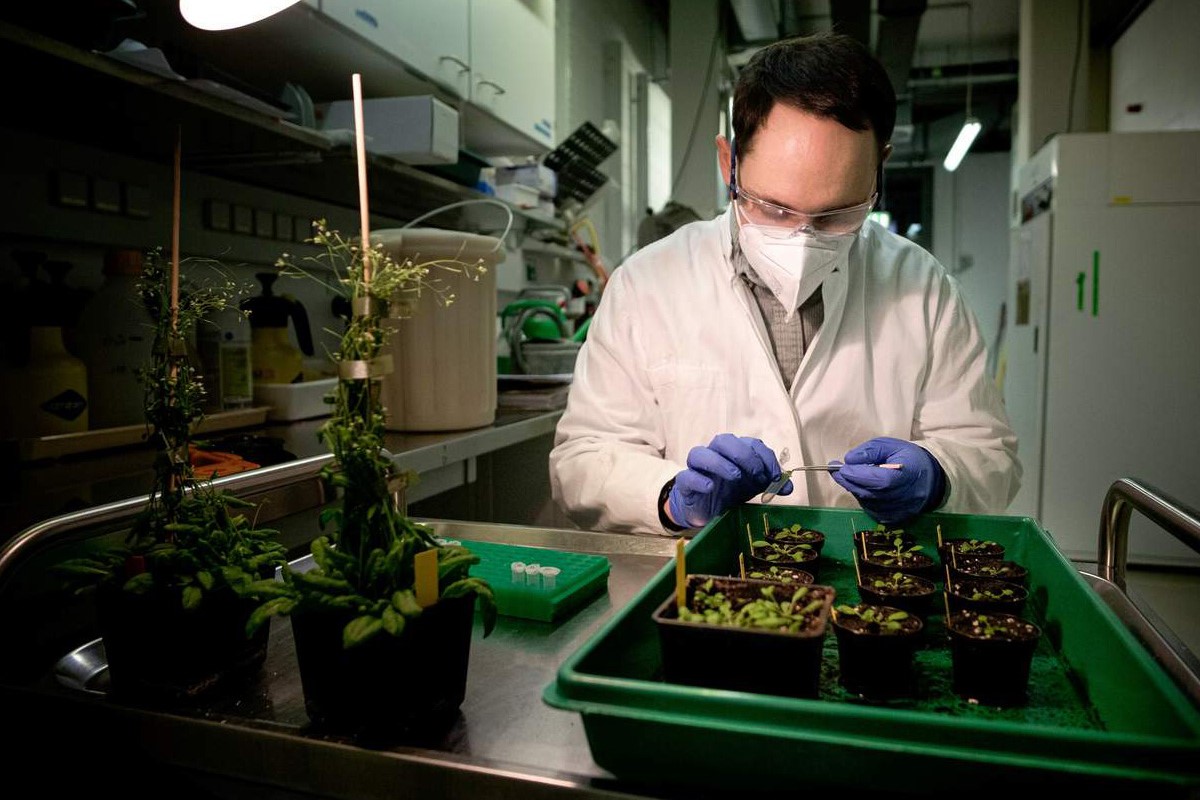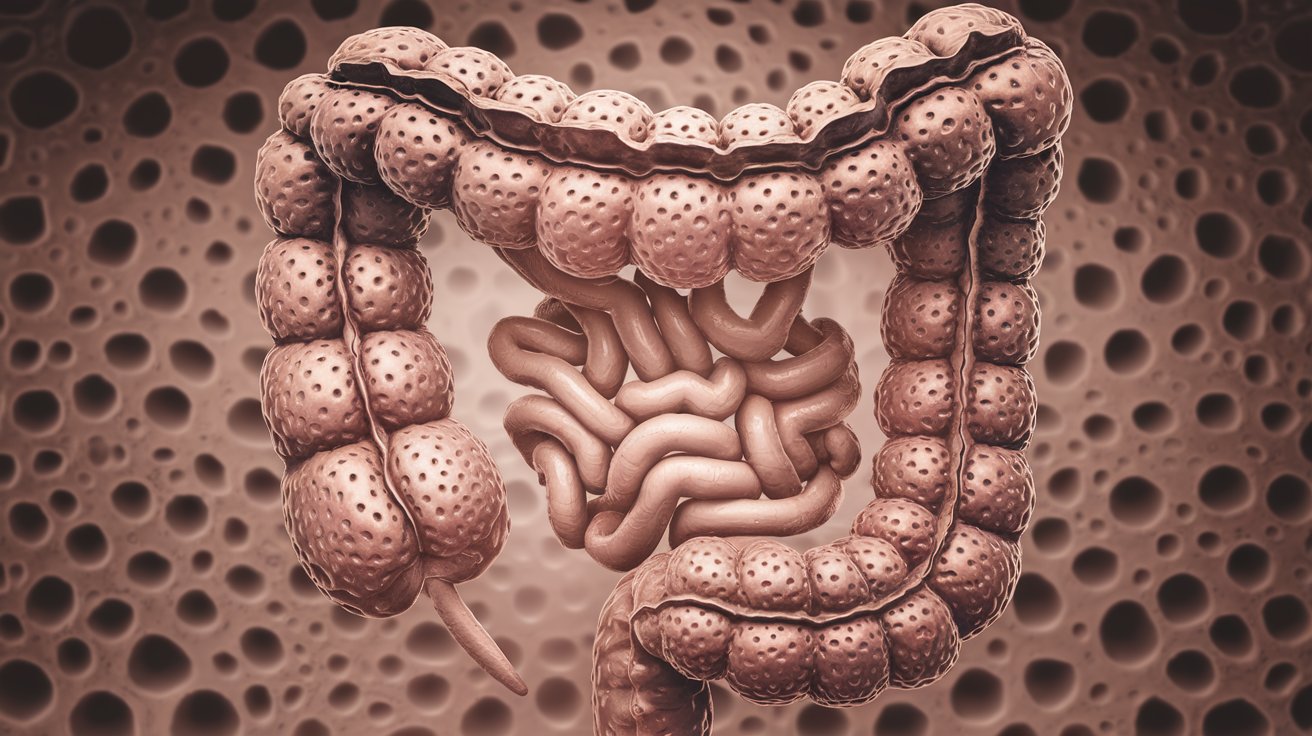
How do plants defend themselves against diseases? Plants, like all living organisms, face threats from pathogens such as bacteria, viruses, and fungi. Unlike animals, they can't move to escape these threats. Instead, they have developed a complex immune system to protect themselves. Plants use both physical barriers and chemical defenses to ward off invaders. Their cell walls act as a first line of defense, while specialized proteins and enzymes target and neutralize pathogens. Additionally, plants can recognize specific molecules from attackers, triggering a cascade of defensive responses. Understanding plant immune responses not only helps in agriculture but also provides insights into the resilience of nature. Dive into these 22 fascinating facts about how plants keep themselves healthy and thriving.
Understanding Plant Immune Response
Plants, like humans, have immune systems to protect themselves from pathogens. Their immune response is a fascinating and complex process. Here are some intriguing facts about how plants defend themselves.
-
Plants have two main types of immune responses: innate immunity and adaptive immunity. Innate immunity is the first line of defense, while adaptive immunity is more specialized.
-
Pattern Recognition Receptors (PRRs) on plant cells detect common pathogen-associated molecular patterns (PAMPs). This triggers the plant's immune response.
-
Effector-triggered immunity (ETI) is a second layer of defense. When pathogens bypass the first line, ETI kicks in to recognize specific pathogen effectors.
-
Plants produce reactive oxygen species (ROS) as a defense mechanism. ROS can damage pathogens directly or signal other defense responses.
-
Phytoalexins are antimicrobial compounds synthesized by plants in response to pathogen attack. They inhibit the growth of invading organisms.
Plant Hormones in Immune Response
Plant hormones play a crucial role in regulating immune responses. They help coordinate the plant's defense mechanisms.
-
Salicylic acid (SA) is a hormone that activates defense responses against biotrophic pathogens, which feed on living plant tissue.
-
Jasmonic acid (JA) and ethylene are hormones that activate defenses against necrotrophic pathogens, which kill plant cells and feed on the dead tissue.
-
Abscisic acid (ABA) can modulate immune responses, often acting as a negative regulator to balance growth and defense.
-
Auxins are growth hormones that can be manipulated by pathogens to weaken plant defenses, making the plant more susceptible to infection.
-
Gibberellins can also be hijacked by pathogens to suppress immune responses, promoting disease progression.
Genetic and Molecular Aspects
The genetic and molecular basis of plant immunity is a hot topic in research. Understanding these aspects can lead to better crop protection strategies.
-
Resistance (R) genes in plants encode proteins that recognize specific pathogen effectors, triggering immune responses.
-
Nucleotide-binding leucine-rich repeat (NLR) proteins are a class of R proteins that play a key role in recognizing pathogen effectors.
-
Transcription factors regulate the expression of immune-related genes, ensuring a coordinated defense response.
-
MicroRNAs (miRNAs) can modulate immune responses by regulating the expression of target genes involved in defense.
-
Epigenetic modifications, such as DNA methylation and histone modifications, can influence the expression of immune-related genes.
Environmental and External Factors
External factors can significantly impact plant immune responses. Understanding these influences can help in managing plant health.
-
Temperature can affect the efficiency of plant immune responses. Higher temperatures may weaken defenses, making plants more susceptible to pathogens.
-
Light influences immune responses. For instance, blue light can enhance resistance to certain pathogens.
-
Soil microbiome plays a role in plant immunity. Beneficial microbes can enhance plant defenses against pathogens.
-
Water availability affects immune responses. Drought stress can compromise plant defenses, while adequate water can support robust immune responses.
-
Nutrient availability is crucial for maintaining effective immune responses. Deficiencies in essential nutrients can weaken plant defenses.
Practical Applications
Understanding plant immune responses has practical applications in agriculture and horticulture. These insights can help improve crop resilience.
-
Breeding for resistance involves selecting plants with strong immune responses to develop disease-resistant crop varieties.
-
Biocontrol agents, such as beneficial microbes, can be used to enhance plant immunity and protect against pathogens.
The Power of Plant Immunity
Plant immune response is a fascinating and complex system. Plants have evolved to defend themselves against a variety of threats, from pests to diseases. Understanding these mechanisms not only helps in agriculture but also in developing sustainable practices. The ability of plants to recognize and respond to pathogens through pattern recognition receptors and effector-triggered immunity showcases their resilience.
Moreover, the role of secondary metabolites and phytohormones in signaling and defense highlights the intricate balance plants maintain to survive. This knowledge can lead to innovations in crop protection and yield improvement.
In essence, plant immunity is a testament to nature's ingenuity. By studying these processes, we can better appreciate the silent battles plants fight daily and harness this knowledge for a greener future.
Was this page helpful?
Our commitment to delivering trustworthy and engaging content is at the heart of what we do. Each fact on our site is contributed by real users like you, bringing a wealth of diverse insights and information. To ensure the highest standards of accuracy and reliability, our dedicated editors meticulously review each submission. This process guarantees that the facts we share are not only fascinating but also credible. Trust in our commitment to quality and authenticity as you explore and learn with us.


